5 of the Best Synths for Beginners: Buying Your First Synth
Great first synths from Arturia, Korg, ASM, Sequential, and Behringer!
Ready to buy your first synth but don’t know what to get? We’re looking at some of the best synths for beginners to quicken your creative pulse and inspire your first case of GAS.
The Best Synths for Beginners
You never forget your first. Synthesizer, that is. Whether you’re a seasoned in-the-box producer ready to take your first steps into the hardware world, or you’re a newbie looking to get your feet wet, there’s nothing like buying your first synth.
With so many instruments on the market, and all of them different, it can be tough to know where to start. I’ve been there myself, so I know what you’re going through. With that in mind, I’ve put together a list of five instruments of varying synthesis types and prices.
Here are five of the best synths for beginners.
The Best Synths for Beginners: Arturia MiniBrute 2
Traditionally, keyboard players of old learned their synth chops on a monophonic analogue. Think Moog Minimoog, Roland SH-101, or Korg MS-20.
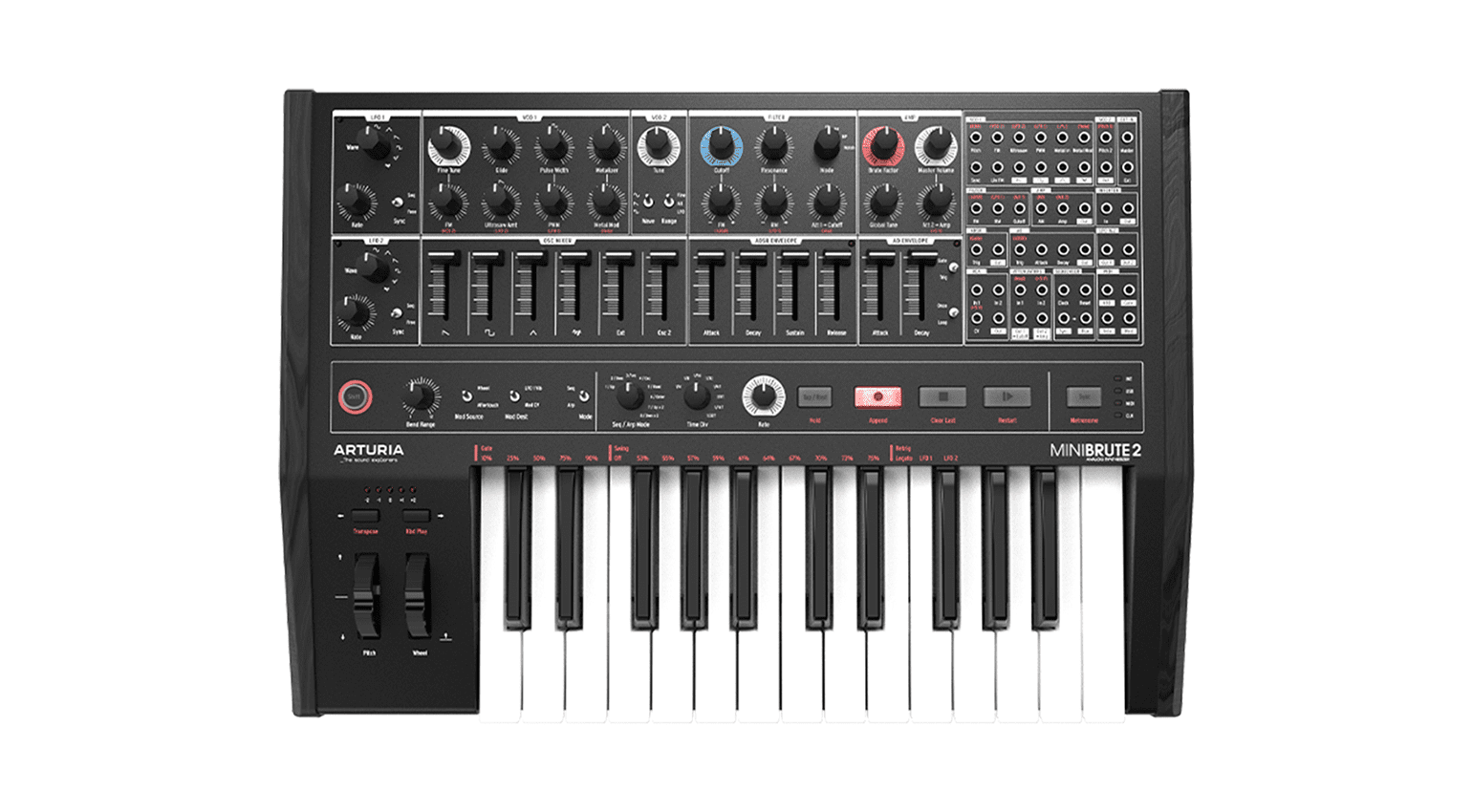
Monosynths (they play one note at a time) are great for two reasons: they’re generally more affordable than polyphonic synthesizers (they can play chords,) plus they’re an excellent way to learn subtractive synthesis.
For the newbie who’s not sure what they’re doing, Arturia’s MiniBrute 2 (now in the all-black Noir edition) makes a solid starting point. With two VCOs (oscillators), a characterful filter, two envelopes for adjusting sound over time, two LFOs, and plenty of ways to distort your sound, the MiniBrute 2 is an excellent way to learn how to make sounds with synthesizers. It also has plenty of patch points to take your sounds to new places once you’re ready.
If you prefer something even simpler, Arturia has brought back the original MiniBrute in a new UFO version.
- More from Arturia
The Best Synths for Beginners: Korg Minilogue XD
If a single note at a time is too limited for your first synth, or you want something beyond just pure analogue, take a look at Korg’s hybrid, four-voice Minilogue XD. It has a very modern, clean analogue sound courtesy of two VCOs (analogue oscillators) with the additional bonus of a digital oscillator.
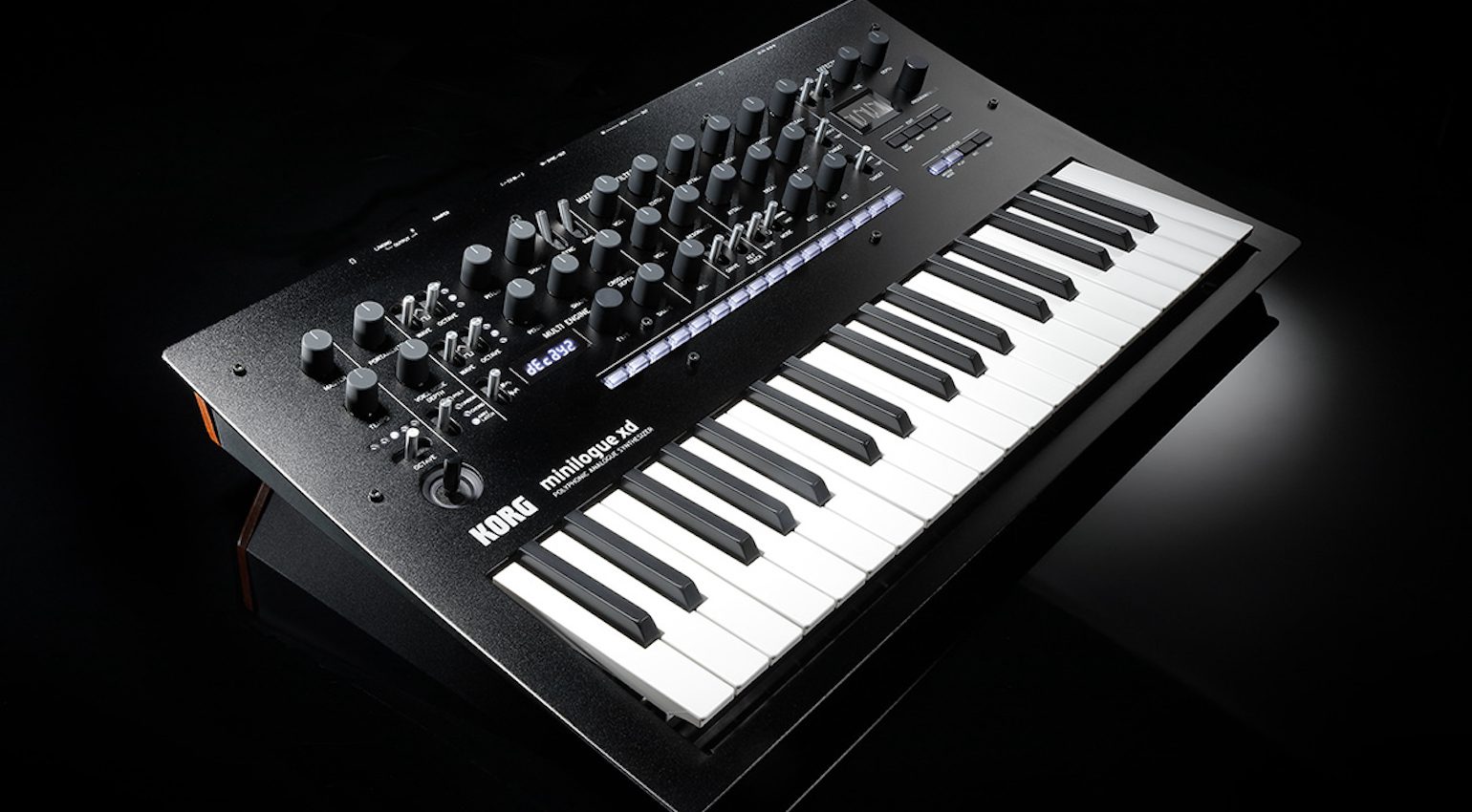
The multi-engine oscillator can do noise, FM, and wavetable, and is also open source, meaning third-party developers can make plugin-style engines for it.
Sound-shaping possibilities continue with a two-pole filter with drive circuit for extra grit, two envelopes and an LFO, and a lovely digital effects section with delay, reverb, and modulation.
It also has a polyphonic step sequencer with motion recording so you can capture knob tweaks in your sequences. The Minilogue XD is applicable to many different genres, but I find it’s particularly suited for electronic music. This makes it one of the best synths for beginners.
- More from KORG
The Best Synths for Beginners: ASM Hydrasynth Explorer
One of the amazing things about getting into synthesizers now is that there are so many different kinds to choose from. Analogue, FM, wavetable, sampling – as long as your credit card holds out, you can have it all. So far, we’ve looked at analogue and hybrid synths.
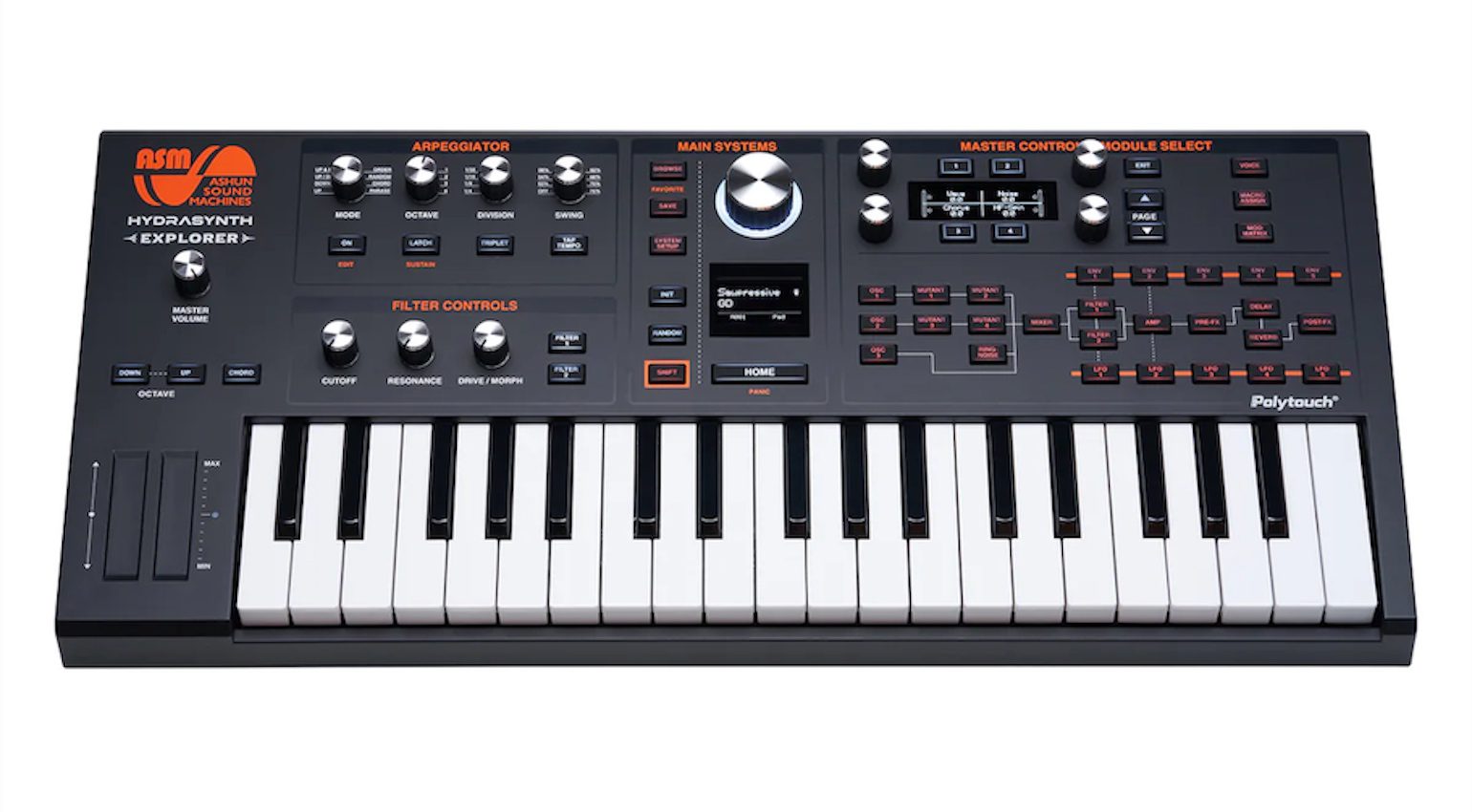
Next is the all-digital Hydrasynth Explorer from Ashun Sound Machines. It’s the most affordable of the company’s Hydrasynth range and an excellent candidate for your first synth.
A wavetable synth on steroids, Hydrasynth Explorer lets you combine, twist, and mangle sampled waveforms in all kinds of weird and wild ways. There are three oscillators for thick sounds, two filters (yes, two), and plenty of other synthesis shapers.
However (and most importantly), it sounds jaw-droppingly gorgeous. Although it’s all digital, you’ll be wondering how it can sound so smooth. It also supports fully polyphonic aftertouch, something the players will love and almost unheard of at this price point. Definitely one of the best synths for beginners.
- More from ASM
The Best Synths for Beginners: Sequential Take 5
Few synthesizer manufacturers are as revered as Sequential. That reverence also comes with a high price tag. Usually, that is. The Take 5 is the company’s most wallet-friendly instrument, and while it’s not as full-featured as some of the company’s other instruments (particularly when it comes to the keyboard), it will still get you that Sequential sound – and at around half the price.
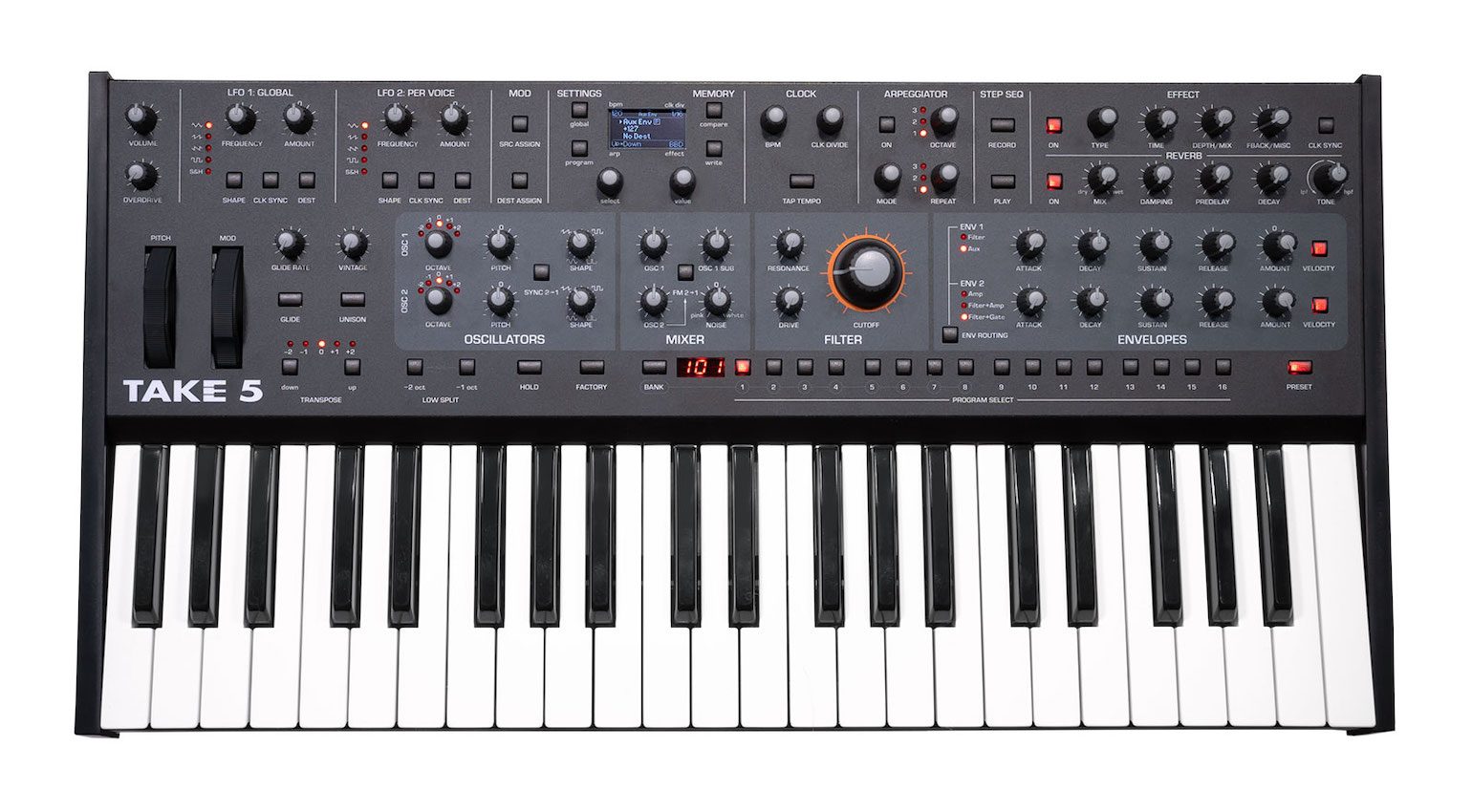
As the name suggests, Take 5 is a five-voice synth. Analogue, it features two VCOs per voice, a lowpass filter borrowed from the company’s flagship Prophet-5, two five-stage envelopes, and two LFOs, plus a comprehensive effects section.
It’s also got an arpeggiator and polyphonic step sequencer and – most importantly – that Sequential mojo. If you’re serious about your music and have the means, consider the Take 5 for your first synth.
There’s also a desktop module if you already have a MIDI keyboard controller.
- More from Sequential
The Best Synths for Beginners: Behringer Model D
So far, we’ve been sticking with synths with keys for convenience’s sake. But I just had to include the Model D from Behringer because it’s just so iconic. Well, the synth that it’s based on is, at least. The Model D is a modern recreation of the Moog Minimoog Model D, the first real mass-marketed synth and the one that people still reference when designing analog synths.
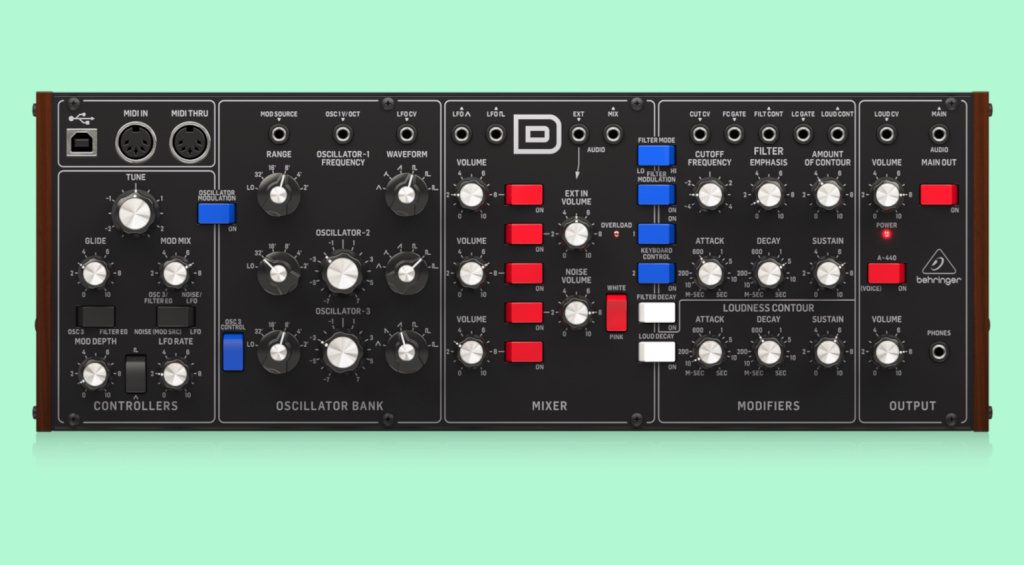
It’s got classic analog subtractive synthesis architecture and, as such, is a great way to learn how to program an analog synth. It’s got three oscillators (one of which can act as an LFO), a gorgeous Ladder filter (that’s the one that Bob Moog developed and is still one of the best-sounding filters of all time), ADS envelopes for amplitude and filter, and a sound that is very impressive given the low cost. And it even has Eurorack patches for when you’re ready to dive into that pool.
The only problem is that you’ll need to get a MIDI controller with keys to play it. I’ve suggested a few below to get you started.
- More from Behringer
More Information
- All about synthesizers
- More for beginners
*Note: This article contains promotional links that help us fund our site. Don’t worry: the price for you always stays the same! If you buy something through these links, we will receive a small commission. Thank you for your support!
13 responses to “5 of the Best Synths for Beginners: Buying Your First Synth”

 4,4 / 5,0 |
4,4 / 5,0 | 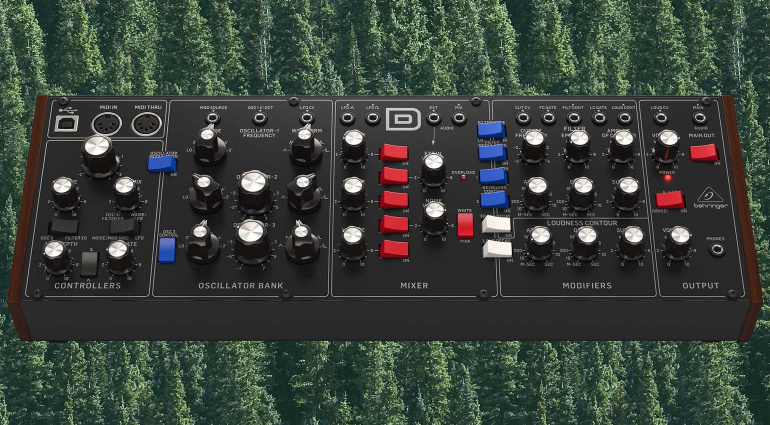

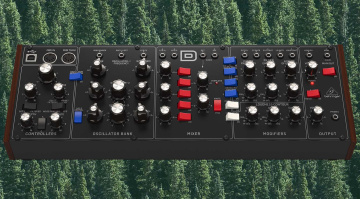

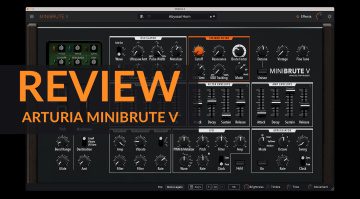
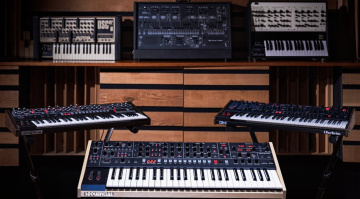
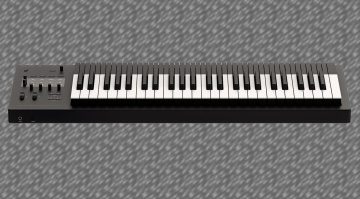
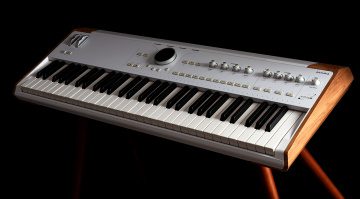
a wonderful article for a newbie ..me.. full of definitions for homework and fun stuff
no microfreak?
when starting out for less than 500 bucks, novation Bass station 2 is hard to beat (not just for bass), and when it come to modules, the behringer pro-1 is a very versatile and easy to use.
Bass Station 2 was the first synth I thought too. Good call.
Reface CS
My choice out of those would be the Hydrasynth Exp, though the others are all good synths too. The Hydrasynth can do analogue sounding, digital/FM, soundtrack, weird stuff, percussion etc. Note, it does not have a sequencer unlike some of the others, but it does have a good arpeggiator. Though I don’t think a beginner could go far wrong with any of the ones listed. Also, you can still buy a new Microkorg (simple to use), Bass Station 2 (as stated by other comment), and Modal’s Cobalt 8 is also great, but perhaps a little too complex for a first synth.
For a beginner with a budget of about £500 I would go with
Korg Minilogue XD
Behringer Deepmind 6/12
Hydrasynth
Roland Juno or Gaia
Would never recommend a hydrasynth for a newbie
Novation Bass Station 2 / Behringer Model D
Take 5? I wouldn’t say $1,500 is a beginner’s price.
Rich people can be beginners (in music production, for example), too.
There is great synth a bontempi organ Italian leather with the foot pump for the classic bops like She Has A Big Foot, the sound is quite harshness lovely to the ears can find one on the used for $99 and the Techno band Abba has used them
IMHO, a newbie would be best of with a polyphonic synth with proper full size keys. My first choice would be the StuioLogic SLedge.
You are currently viewing a placeholder content from Facebook. To access the actual content, click the button below. Please note that doing so will share data with third-party providers.
More InformationYou are currently viewing a placeholder content from Instagram. To access the actual content, click the button below. Please note that doing so will share data with third-party providers.
More InformationYou are currently viewing a placeholder content from X. To access the actual content, click the button below. Please note that doing so will share data with third-party providers.
More Information